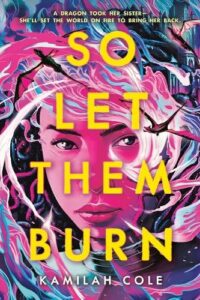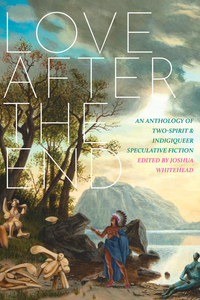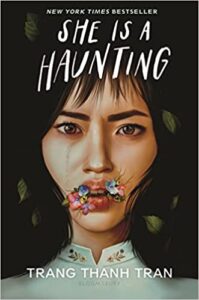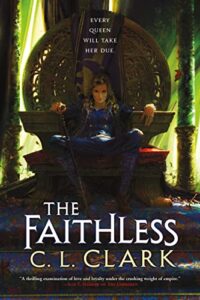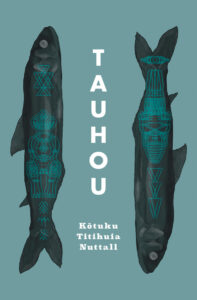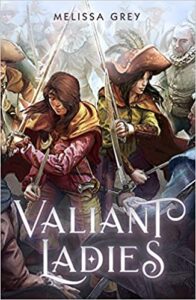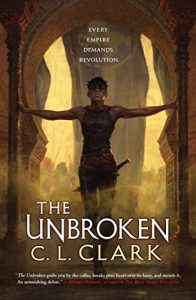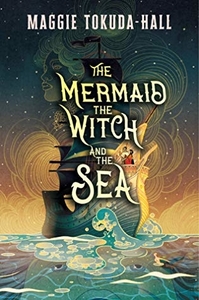Buy this from Bookshop.org to support local bookstores and the Lesbrary!
Any other Eragon girlies out there? Check out So Let Them Burn, a Jamaican-inspired F/F young adult fantasy that delivered from beginning to end! This moving and action-packed debut has made me a Kamilah Cole fangirl and I can’t wait for the second book in the duology!
This book switches between the POVs of two sisters Faron and Elara Vincent. Faron can channel the power of the gods, which made her the secret weapon of her country’s revolution against the dragon-riding Langley Empire. Faron is fiery, mischievous, and unwilling to play the part of wise and composed chosen-one. Elara is calm, diplomatic, and has felt like she’s been both living in her sister’s shadow while also being charged with “managing” Faron’s hot-headed emotions. At what was supposed to be an international peace summit, Elara ends up bonding with a Langley Empire dragon and the dragon’s other rider, Signey. Elara must then go to the dragon riding academy on enemy ground, both as a spy for her country and to try to figure out if there’s a way to reverse the bond so she can return home to sister. Among battles of gods and dragons, bubbling rage (against colonizers, the gods, the situation), and impossible choices, Elara and Signey find themselves falling for each other. Two badass dragon riders discovering enemy secrets, plotting revenge, and falling in love?! Yes please.
There are so many things that I love about this book. First off, I am a sucker for dragons. I appreciated the world building and how the dragons and bonded riders can all communicate with each other telepathically. They become their own unique family, in tune with each other’s emotions and thoughts.
I also liked the focus on friend relationships. Especially in a moment when the romantasy genre is taking off, I appreciated how in this book, the friendships were treated as equally important relationships. The sapphic romance plot line was wonderful, but one of my favorite relationships in the book was the deeply honest and vulnerable friendship between Elara and her best friend, Reed. Reed has his own role to play in the book, as the son of the Langley Empire’s leader whose betrayal of his family in the war was key to shifting the tide and winning the revolution. Both Elara and Reed often feel misunderstood by the rest of their country—Elara as merely Faron’s sister and Reed as an outsider—but they see and support each other even when others don’t. Their relationship is refreshingly never romantic while being so important to both of them.
Lastly, I loved how Cole normalizes queerness. There is great queer representation in this book, including lesbian, bisexual, and demisexual rep, but their queer identities were not the defining elements of the characters. I love how queerness was beautifully everywhere in this book while also not being the focus. Elara isn’t written as a GAY DRAGON RIDER, but rather just an incredible dragon rider—oh, and she happens to fall in love with a woman.
I highly recommend you check this one out!
Content Warnings: explicit language, depictions of PTSD (nightmares, unwanted memories/flashbacks, dissociation, anxiety, mistrust, hypervigilance, self-destructive behavior), explicit descriptions of war, blood, and corpses, grief (expressed in healthy and unhealthy ways), racism (challenged), minor character deaths, a near-fatal beating, and stolen body/mind autonomy.

